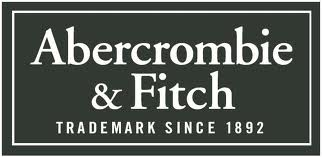Abercrombie & Fitch’s Deteriorating Brand Reputation
On the recent subject of business ethics, I wish to comment further on the unethical practices that Abercrombie and Fitch, the so-called “casual luxury lifestyle brand“, has continuously been carrying out. After reading a fellow classmate’s blog post in class regarding the A&F employees’ “dress code” controversy, I have decided to further investigate various policies or current news that are associated with A&F. As if the dress code controversy was not enough, it was also found that the CEO of A&F had openly made a remark saying that they only want to “market to cool, good-looking people” and had refused to offer large/ plus sizes in their clothing lines. Why would the CEO make such offensive comments when its U.S. sales was reported to have already declined a hefty 17% in the first quarter 2013? Yes, it is true that the brand has become increasing more popular among age 18-22 year olds in the past couple of years, but is it necessary to use such exclusionary marketing method and promote “unrealistic standards of beauty” in this way? Needless to say, the company’s brand reputations is truly being tested and is nothing but spiralling downward.
Click here to watch “Abercrombie & Fitch Apologizes After Plus-Size Firestorm”


